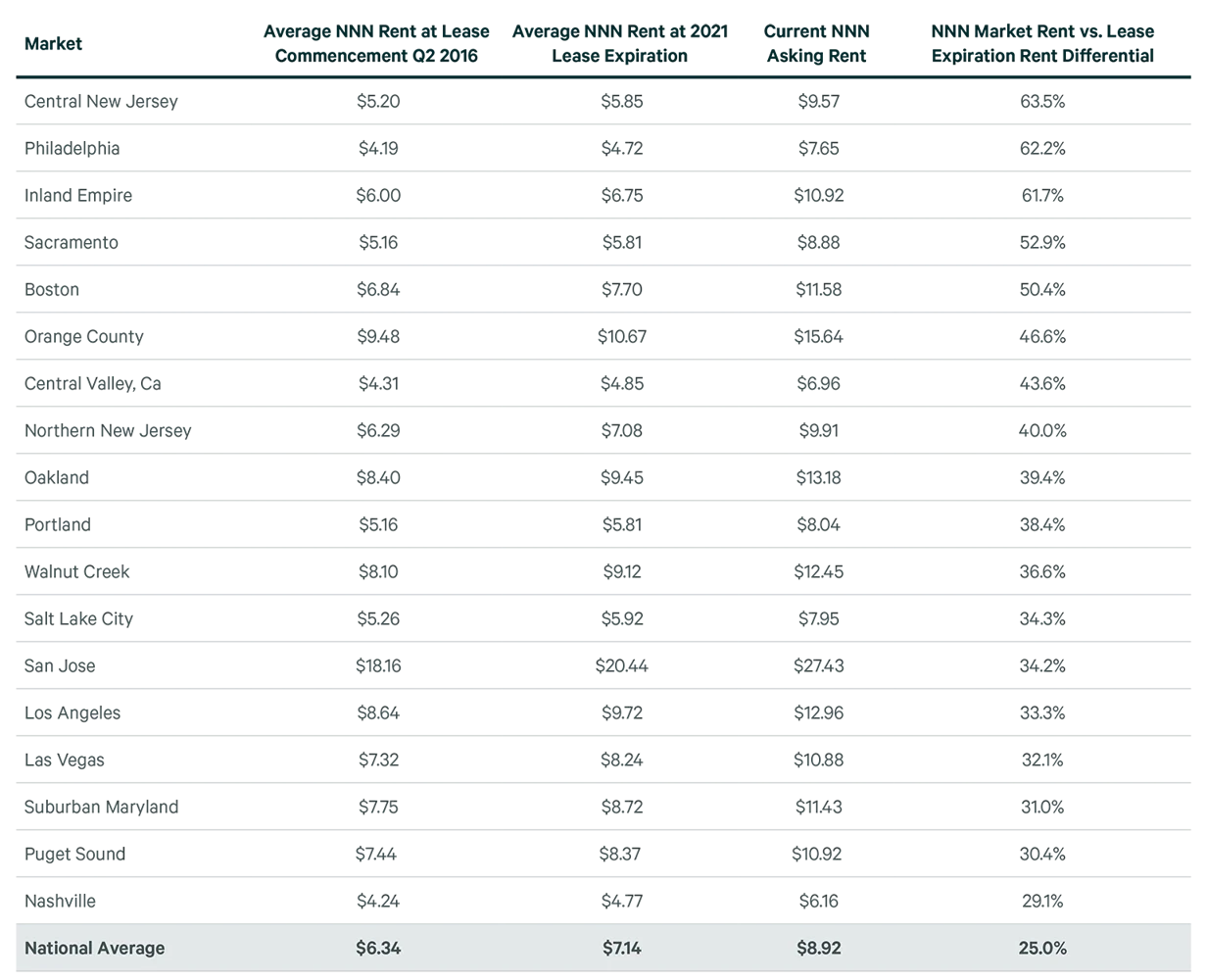Direct Financial Impact on 3PLs
Third-party logistics providers (3PLs) have doubled their leasing volume between January and July 2021. As warehousing costs rise, most of these costs are being passed on to consumers according to numerous sources. Transportation costs, which can account for 50-70% of a company's total logistics expenditure, are of a significant concern. To mitigate the negative financial impact of this current situation; many companies are expanding their domestic warehouse footprint to reduce long-distance shipping, moving from a single or centralized warehousing model to using multiple more broadly distributed local warehouses.




